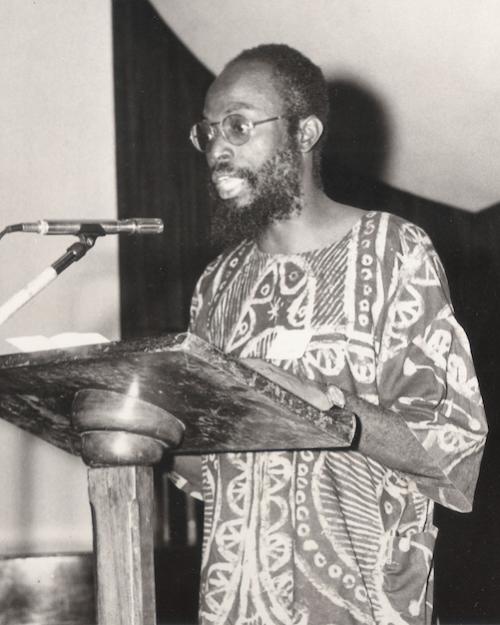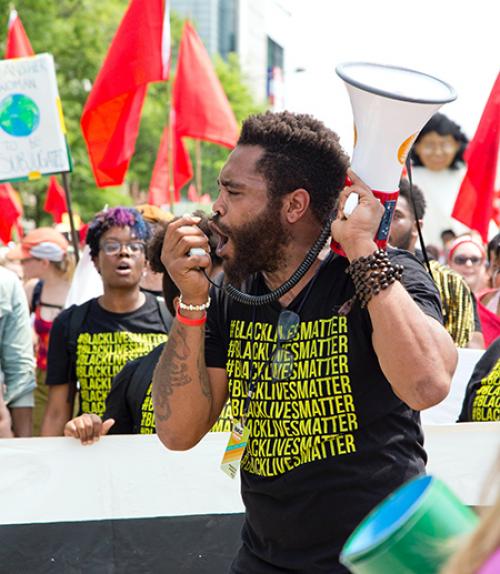Racial discrimination pervades nearly every aspect of American life, writes Jamila Michener, associate professor of government, in an op-ed in the Washington Post. George Floyd is the most recent casualty of far-reaching effects of continued racial discrimination.
“What prompted the worldwide protests against racially biased policing?” Michener writes in the piece. “The simplest answer would be that on May 25, a Minneapolis police officer killed George Floyd, a 46-year-old black man, by kneeling on his neck for more than eight minutes, as millions of Americans have now witnessed in a video that went viral … But fully understanding the protests requires a larger recognition of systemic racism. Operating through a variety of institutions and practices, racial discrimination pervades nearly every aspect of American life, from policing to health care to employment to housing. Examining that pervasiveness provides insight into the current national and international uprisings.”
Read the story in the Washington Post.




